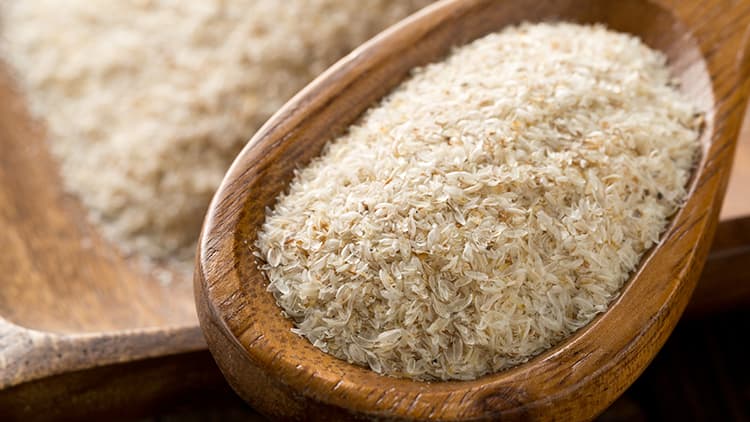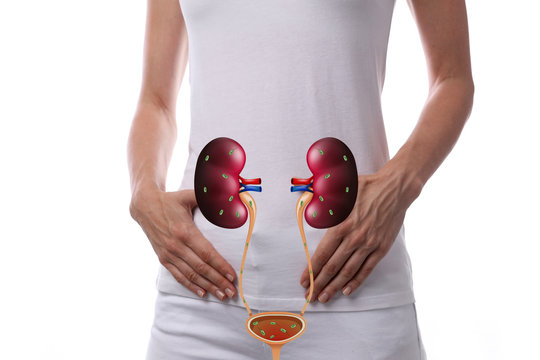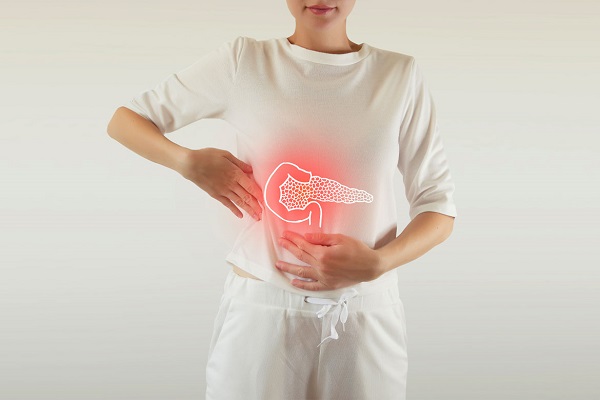
THE ENDORPHINS; NATURAL PAIN RELIVERS AND INITIATERS OF SPONTANEOUS HEALING
April 19, 2021
Scientific review of Asthma and COVID-19 – is there a cause for concern?
May 8, 2021Hyperlipidemia is a term used for high blood cholesterol, it is a very common health condition; and refers to high levels of fats in blood.
Cholesterol is a waxy fat-like substance; it is structural part of our cells and the body needs cholesterol for various essential biological processes such as production of hormones, vitamin D, bile which is produced in liver and helps in fat digestion etc.
However, higher than normal blood cholesterol levels are considered to be harmful and can lead to health conditions such as heart disease and stroke (occurs due to damage to brain tissue). High blood cholesterol levels lead to buildup of cholesterol deposits or plaques in the walls of blood vessels; with time these plaque deposits grow larger and begin to clog up the arteries thus compromising the blood flow of vital organs such as heart and brain etc.
Cholesterol travels through blood stream using carrier protein molecules called lipoproteins; such as HDL and LDL etc.
HDL refers to high-density lipoproteins, sometimes called ‘good’ cholesterol as it carries cholesterol from different parts of the body back to liver; liver then removes the cholesterol from the body.
LDL refers to low-density lipoproteins, sometimes called ‘bad’ cholesterol as its high levels are associated with increased risk of cardiovascular disease. LDL is responsible for carrying cholesterol to cells of the body that need it.
Hyperlipidemia is usually diagnosed through blood tests. Moreover, some of the risk factors for developing hyperlipidemia may include; obesity, genetic factors, lack of exercise, unhealthy diet intake, smoking, excessive alcohol intake and stress etc.
According to health experts life style modifications such as regular exercise, healthy diet intake, intake of soluble fiber, weight control, quitting smoking, stress management etc. can play a crucial role in managing hyperlipidemia.
It has been evaluated through several studies that soluble fiber in psyllium husk has cholesterol-lowering effects and soluble fiber supplements are recommended to reduce levels of low-density lipoprotein cholesterol (LDL-C).
[Psyllium is a soluble fiber which is used as a dietary supplement. Psyllium has excellent water solubility and can absorb water; and forms a thick viscous compound that resists digestion in intestines. It is used for management of constipation, diarrhea and also helps to manage high blood cholesterol levels. Though the exact mechanism is not known; but it is suggested that psyllium binds to fats and bile acids, helping the body to excrete them. In the process of replacing these lost bile acids the liver uses cholesterol to produce more bile acids; as a result blood cholesterol levels decrease.]
Thus, scientists designed studies to evaluate the LDL-C-lowering effect of psyllium husk added to low-dose simvastatin therapy (Simvastatin belongs to a group of medicine called statins; it is a lipid-lowering medication). The objective of the study was to determine whether the addition of psyllium soluble fiber to a small dose of statin would be as effective in lowering cholesterol as doubling the dose of statin.
Moreover, the studies were conducted for 12-weeks and the study group included 68 participants (patients suffering through hyperlipidemia), aged 18 to 80 years. For the studies participants were divided into three groups; patients who received 20 mg of simvastatin plus placebo (substance or treatment which has no therapeutic value); patients who received 10 mg of simvastatin plus placebo; or patients who received 10 mg of simvastatin plus 15 g of psyllium (Metamucil) daily. Furthermore, levels of total cholesterol, LDL-C, high-density lipoprotein cholesterol, triglycerides (a type of fat) and apolipoprotein B (a structural protein that constituent a major component of LDL and some other lipoproteins) were determined after 4 and 8 weeks of treatment.
Through the studies researchers observed that all treatments were well tolerated; and after 8 weeks the mean LDL-C levels in the group receiving 10 mg of simvastatin plus placebo fell by 55mg/dl from baseline, when compared with 63mg/dl in the group receiving 10mg of simvastatin plus psyllium. However, the mean lowering of LDL-C in the group receiving 20mg of simvastatin plus placebo was the same as that in the group receiving 10mg of simvastatin plus psyllium; similar results were seen for apolipoprotein B and total cholesterol; no significant changes from baseline triglycerides or high-density lipoprotein cholesterol levels occurred.
Through the studies it emerged that dietary psyllium supplementation in patients taking 10mg of simvastatin is as effective in lowering cholesterol as 20mg of simvastatin alone. Thus, researchers concluded that psyllium soluble fiber should be considered as a safe and well-tolerated dietary supplement option to enhance LDL-C and apolipoprotein B lowering.
REFERENCE:
Effect of Combining Psyllium Fiber With Simvastatin in Lowering Cholesterol
https://jamanetwork.com/journals/jamainternalmedicine/fullarticle/486567






